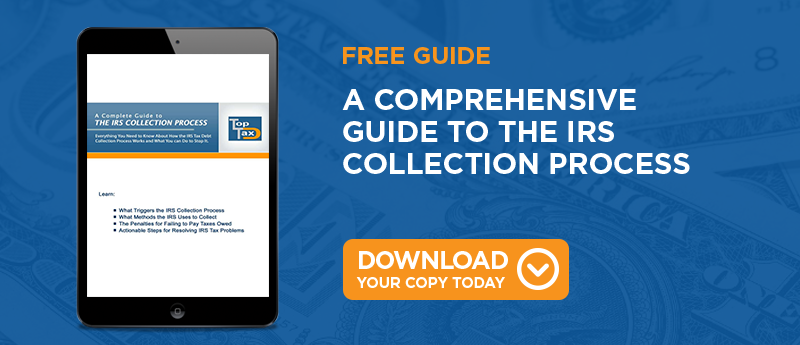Owing a debt to the IRS can cast a stressful shadow over much of your life. Even as you try to continue with your normal routines, you are always aware that this debt must be paid at some point. When you simply cannot afford the entire amount owed, you may wonder if any financial remedy can help you resolve this obligation. While an offer in compromise could be an option for you to consider, you should be aware of the advantages and disadvantages of this possible remedy to your outstanding IRS debt.
Debt Reduction and More Affordable Payments
An offer in compromise gives you the opportunity to lower your debt and have a better chance of paying it off without sacrificing your assets or your earnings. When you utilize this approach, you could negotiate your obligation to a more affordable amount, one that you could pay off in entirety with one payment or one that you could easily make payments on each month.
In fact, making payments on your obligation each month could help you avoid having your wages garnished or your assets, such as your bank account, seized by the IRS. When you make an offer in compromise, you could protect your income and also keep control over your bank account, as long as you continue to make payments on the new lowered debt amount.
End of Collection Activities
Keeping control over your bank account and your earnings can be vital if you are already experiencing financial hardship. Living paycheck to paycheck and not having a lot of money in your bank account typically means that you need every last dollar to support yourself and your family.
If your debt to the IRS has led to your earnings being garnished and your assets being seized, an offer in compromise could end these IRS collection activities. Once the offer has been accepted, the lien on your paycheck and your assets should be lifted. You can enjoy being free of the financial stress that comes with being garnished by the IRS.
Resolution to a Longstanding Obligation
In truth, your outstanding debt to the government may have taken years to come to fruition. In fact, you may have known about this amount for years, yet have had little means to deal with it effectively. When you utilize an offer in compromise, you can bring to an end an issue that has followed you for several years and one that has had a significant impact on your life. With the offer accepted, you can pay off your debt and move forward, knowing that you no longer owe the government any money.
As advantageous as an offer in compromise can be in resolving your immediate IRS tax obligation, it also could be detrimental if your case falls under certain criteria. Before you make move to settle your debt, you should understand some of the more common disadvantages with this remedy.
Stringent Qualification Criteria
In reality, it can be difficult for many taxpayers to meet the income and asset guidelines needed to make an effective offer to compromise. Indeed, this solution is best suited for people who are low-income taxpayers and those who have very few assets that the IRS can claim.
Even more, when you want to utilize this solution, you also have to submit to a thorough scrutiny of your finances and possessions. If you are deemed to make too much money or have too many assets that could be liquidated to pay your debt, your offer to compromise may be rejected, leaving you to find another remedy to your tax obligation.
Waiving of Tax Benefits and Credit
If you are one of the millions of taxpayers who benefit each year from tax credits, you may have to surrender your right to them the following tax season when you make an offer in compromise. The IRS will allow you to lower the amount that you owe the government; however, you will have to forfeit your ability to claim certain credits on your income tax returns the following year. If you count on these credits to boost your tax refund, your offer in compromise could lower the amount of your refund significantly.
Public Record
Offers in compromise are a matter of public record. Anyone can find out that you settled your tax debt in this manner if you utilize this remedy. If, for whatever reason, you prefer to keep your financial transactions private, you forfeit this privilege when you make an offer in compromise on your tax obligation. Once your offer is accepted by IRS, it will be put on public record.
An offer in compromise can offer you several advantages when it comes to resolving the delinquent taxes you owe to the government. As beneficial as this solution is, you should also realize the disadvantages before you decide whether or not this solution is suited for your particular case.





